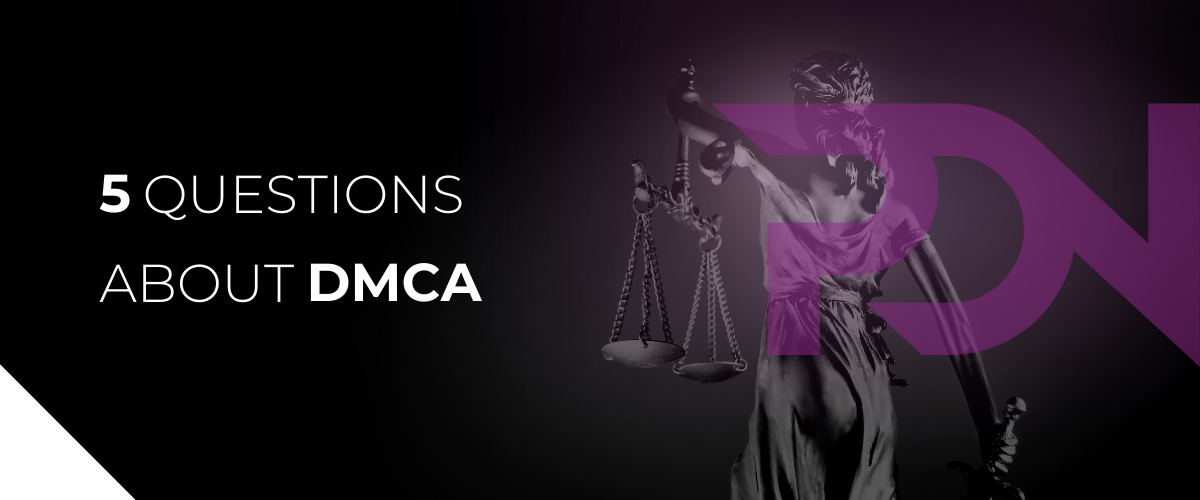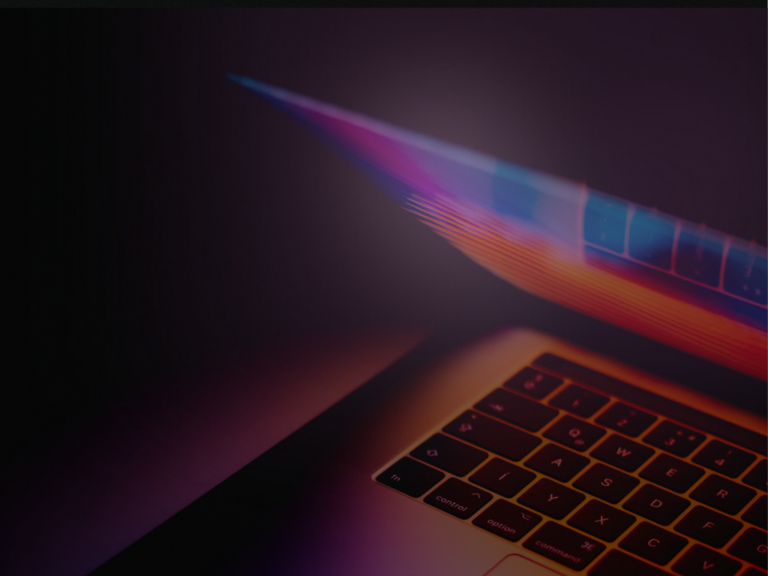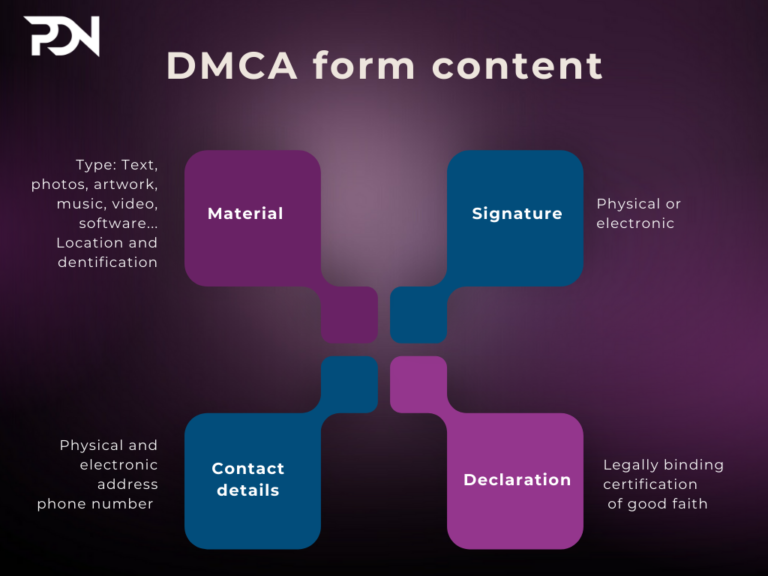- Services
We protect your TV shows, movies, live events, software, video games or ebooks
We help you to protect your profitability and to stop unauthorized broadcasts in real time
Monitoring the internet to protect your brand and reputation, giving you the tools to safeguard your image
Highly specialized service for cable distributors tracking illegal IP TV resellers in a geographically delimited zone
- Self service
- Blog
- My PDN
- FR
- Services
We protect your TV shows, movies, live events, software, video games or ebooks
We help you to protect your profitability and to stop unauthorized broadcasts in real time
Monitoring the internet to protect your brand and reputation, giving you the tools to safeguard your image
Highly specialized service for cable distributors tracking illegal IP TV resellers in a geographically delimited zone
- Self service
- Blog
- My PDN
- FR







